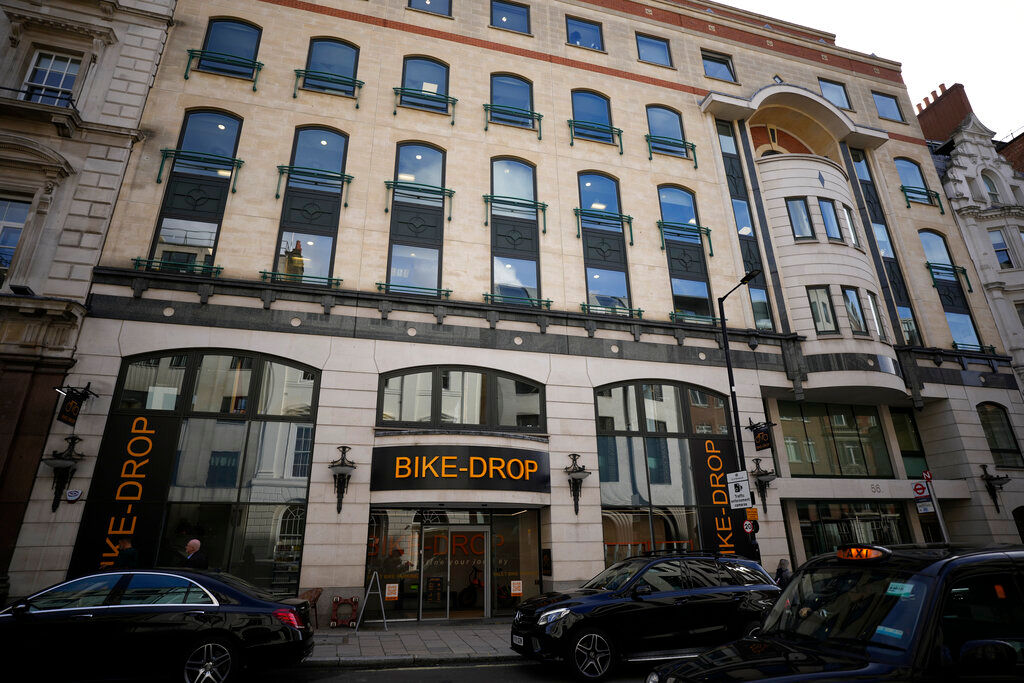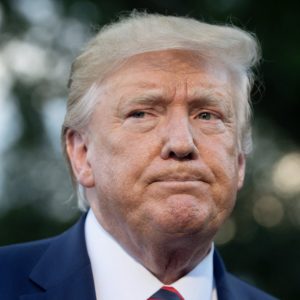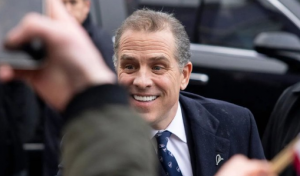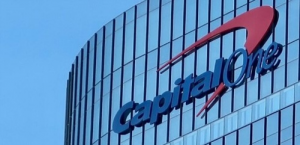The King of Jordan allegedly spent $95 million on properties in the UK and US through secretly-owned companies, while Azerbaijan’s leading family is involved in property deals in the UK worth more than $544 million. These are some of the leaked revelations in the Pandora Papers obtained by the International Consortium of Investigative Journalists (ICIJ). Hundreds of high-level politicians and officials have been found to have links with almost 1,000 companies in offshore havens in an investigation involving some 600 journalists from 150 media outlets. The Pandora Papers are based on a leak of some 11.9 million documents from 14 financial services companies around the world. More than two-thirds of the companies were set up in the British Virgin Islands. According to ICIJ, the ‘Pandora Papers’ have uncovered financial secrets of current and former world leaders, politicians and public officials in 91 countries and territories.
Pandora Papers: Private dealings of 35 world leaders, super-rich leaked
What is offshore?
The Pandora Papers reveal a complex networks of companies that were purportedly set up across borders to hide ownership of money and assets. The BBC explains that if, for example, someone may have a property in the UK, but own it via a chain of companies based in other countries, or “offshore”.
These offshore countries or territories provide an easy way to set up companies, thanks to low or no corporation tax and laws that make it difficult to identify owners of companies.
What are shell companies?
A shell company exists in name only, but setting up one still costs money. Specialist firms can provide an address and names of paid directors.
Estimates on how much money is hidden offshore have ranged from $5.6 trillion to $32 trillion, according to the ICIJ. The International Monetary Fund says tax havens cost governments worldwide up to $600 billion each year.
Pandora Papers: Russia dismisses ‘unsubstantiated claims’ against Putin
Why do people use tax havens?
Moving money or setting up companies in tax havens, though not illegal, is considered as unethical.
The UK government says tax avoidance “involves operating within the letter, but not the spirit, of the law.”
Tax havens have been under scanner for their use to avoid tax or hide assets, particularly following previous ICIJ leaks such as the Panama Papers.







